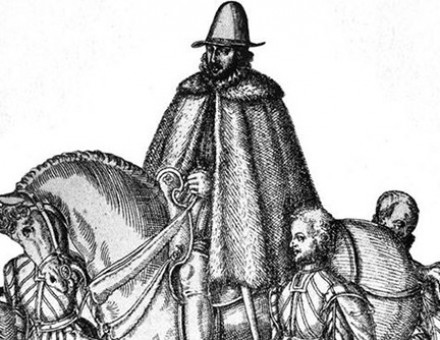Volume 58 Issue 8 August 2008
Lucy Riall explores the social and political issues in Italy following the country’s unification. She shows how these issues became the focus for a dynamic new artistic movement of the 1890s, Divisionism, a forerunner to Futurism and the subject of a current exhibition at the National Gallery.
Martin Pugh argues that life during the interwar years was brighter than has often been suggested, in spite of its association with economic depression and the rise of Fascism.
Mark Juddery examines the impact and appeal of the film that has sold more tickets at the US box office than any other.
Robert Knecht describes the shortcomings of Henry III, the last Valois king, and the circumstances that led him to become the first – but not the last – French monarch to die at the hands of one of his subjects.
The Cold War has become this year’s hot media topic. Taylor Downing welcomes the chance to look more critically at the era of ‘mutually assured destruction’.
The emperor Hadrian presided over the Roman empire at its height, defined its borders and was one of the most cultured rulers of the ancient world.
John Hanning Speke discovered the source of the Nile on August 3rd, 1858.
Jacqui Livesey unmasks the cleric who revealed Lord Nelson and Lady Hamilton’s most intimate secrets.
Tobias Grey meets the journalist who was at Charles de Gaulle’s side for twenty-six years.






